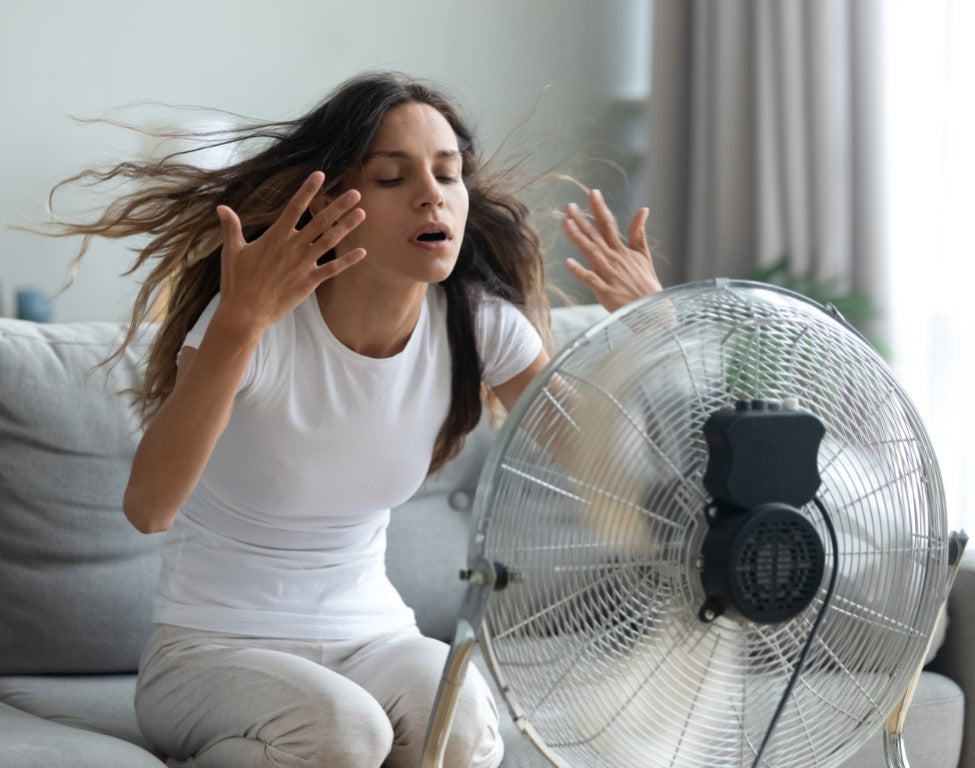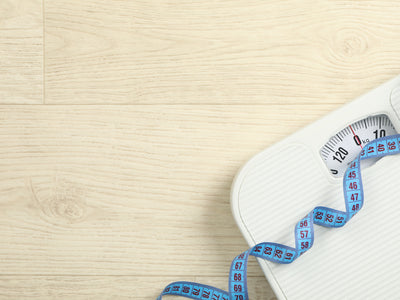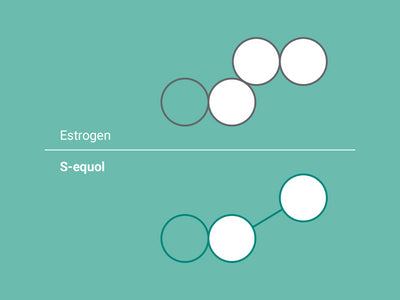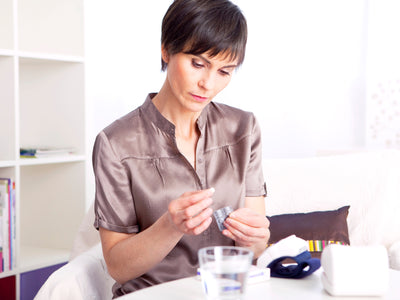
15 Tips for Managing Summertime Hot Flashes
Menopause is a new season of life, but it can affect how we enjoy other seasons too. During the summer we may find ourselves venturing out into the world but not fully prepared for the heat summer and our bodies may bring. But don’t sweat it, we’ve got a few tips to help you manage hot flashes and related symptoms during some of the hottest months of the year.
HOW TO HELP HOT FLASHES DURING THE DAY
Hot flash symptoms can strike at any time and often do. Here are a few tips to keep cool without having to pause your plans.
- Keep curtains closed during the hottest hours of the day
Keeping your curtains closed during the hours of 10 am to 3 pm will help your rooms stay cooler throughout the day.
- Let your hair dry naturally
Let your hair air dry if you can, and avoid all the heat of blow-drying and styling it.
- Move your exercise routine around
Exercising can really make you sweat which makes it tempting to skip during the hottest months of the year. But exercise not only helps you stay healthy, it also helps ease menopause symptoms. Find ways to move indoors, or swap to early morning outdoor workouts before it gets too hot outside.
- Try some yoga or meditation
Staying calm plays a big role in managing hot flashes when they strike. Take deep breaths and focus on relaxing. You can try these stress managing tactics first thing in the morning too, to set up your day for success. You don’t have to wait for a hot flash.
- Prepare for being outside
If you are going outside, bring a small fan with you and an insulated water bottle. Be sure to drink water and not sports drinks or alcohol. Drinking plenty of water throughout the day will help your internal body temperature cool down and stay that way.
- Know which foods and drinks spike your hot flashes
Spicy snacks, caffeinated and alcoholic beverages have been known to make hot flashes more intense and more frequent. It’s best to avoid these as much as possible, but if you’re going to indulge a bit, pay attention to how your body reacts. And learn which foods or drinks trigger your symptoms (and which you might be able to get away with).
- Get creative with your hydration
Drinking water isn’t always the most exciting option, so find ways to keep it interesting! Try adding fresh fruits to your water, or even sliced cucumbers. Add some melons to your snacks, which contain a lot of water and can help with staying hydrated too.
HOW TO HELP HOT FLASHES AT NIGHT
Sleep is often overlooked when it comes to our health, but it plays a crucial role in helping our bodies stay strong and healthy. But getting enough sleep during menopause in the summer can prove difficult. Here are few tips for attempting to keep your hot flashes at bay during the night, so you can get the sleep your body needs.
- Keep your bedroom cool
This tip probably makes it on every “managing hot flashes” list, but that’s because it’s so important. Your body uses temperature as a sign to know when it’s time to fall asleep. A warm room will not only make it more difficult to fall asleep and stay asleep but may also trigger night sweats aka hot flashes at night.
- Keep your room dark throughout the day
Like we mentioned above, pulling those curtains well before bedtime will make it easier for the room to cool down at night too.
- If you have air conditioning – use it!
It may seem luxurious to crank that unit up at night, but good sleep is worth it—especially during menopause when your body is already going through enough changes.
- Skip nighttime showers
If you’re a bathe before bedtime type of woman, you may want to switch up your washing routine during the hottest months of the year. Hot showers and baths—even if they’re hours before bedtime—can still increase your internal body temperature and make it harder to cool down at night.
- Fans are a menopausal woman’s best friend
Run a fan at your bedside or use a ceiling fan if you have it. Keep the air circulating, and this can feel especially good if you sprinkle a bit of water on your neck and face before bed.
- Stick to light breathable fabrics (or rather, don’t stick to them)
From your nightie to your sheets, swap out your synthetics for light, breathable natural fabrics instead such as linen or cotton.
- Stick to a sleeping schedule
This isn’t related to hot flashes, but going to bed and waking up at the same time each day helps keep all your circadian rhythms in sync—which makes it easier to fall asleep at night in general.
- Keep your water bottle insulated
Instead of going for a simple glass of water on your nightstand—keep an insulated water bottle next to your bed at night to help keep your water cool all night long. Fill it with ice if you want and if you wake up in the middle of the night, splash a little on your neck and face to help cool off before falling back asleep.
EQUELLE CAN HELP YOU BEAT THE HEAT ALL DAY (AND NIGHT) LONG
EQUELLE not only supports sleep quality during menopause, it has been clinically shown to reduce the frequency of hot flashes.† In clinical trials, EQUELLE provided daily hot flash frequency relief as early as week 4, with optimal results in 8-12 weeks. Participants receiving EQUELLE experienced about 5 fewer hot flashes per day at week 8 compared to baseline.¶†
Try it risk-free, and see if EQUELLE is right for you for this summer and beyond.
LEARN WHAT MENOPAUSE HOT FLASH TREATMENT WORKS FOR YOU
We may not be able to control our hot flashes, but we can take some steps to help give our body its best chance at dealing with them. Not all of these lifestyle changes will work for every woman, but it’s important to take the time to find the ones that do work for you. As always, talk to your doctor about which steps are right for you, and if a supplement like EQUELLE is a good option. Reward yourself for taking care of your body and remember that when it comes to managing those hot flashes, every little bit counts.
This information is only for educational purposes and is not medical advice or intended as a recommendation of any specific products. Consult your health care provider for more information.


